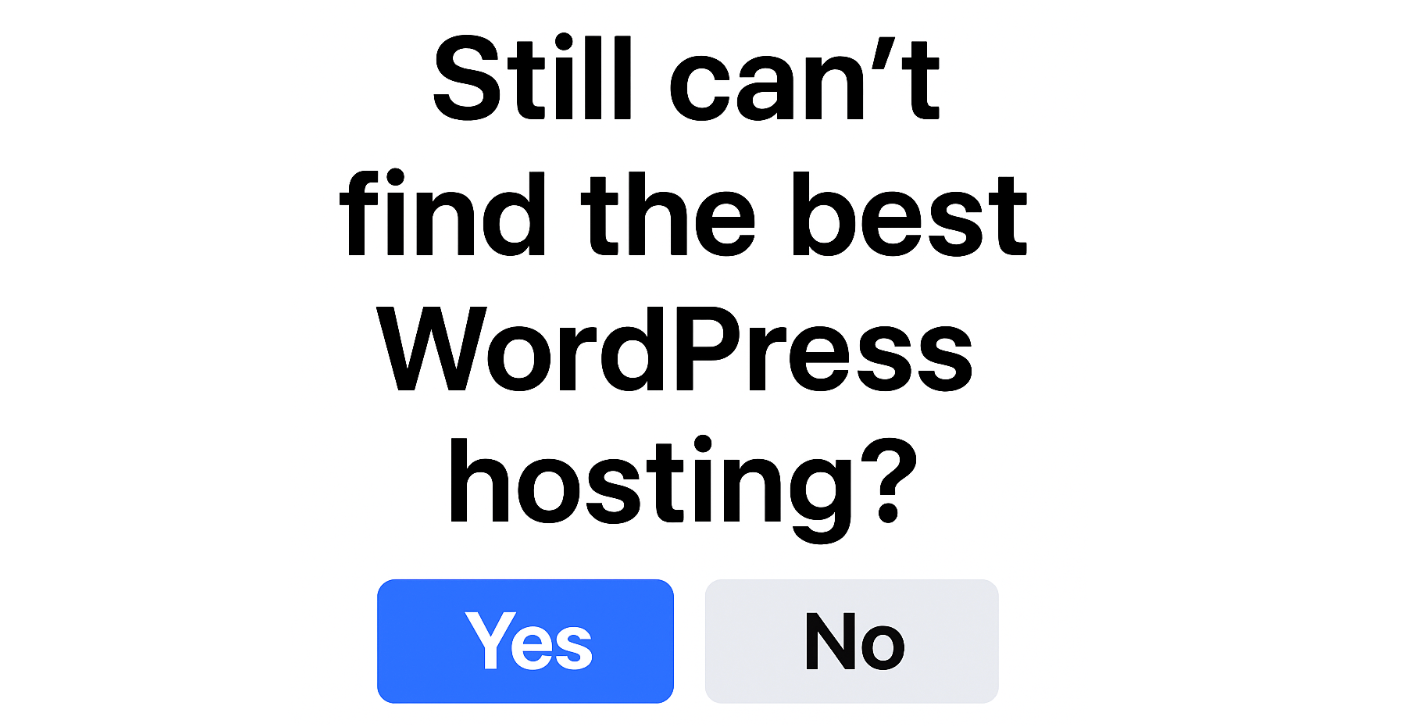You won't believe how much more you'll win when the lottery jackpot prize is low
/Illinois resident Merle Butler holds up his $218.6 million ticket after three winners shared the 2012 Mega Millions $656 million jackpot prize.
Why are your winning chances better in the low jackpot prize games?
To explain, let's look at some huge multi-million jackpots in lottery games over the last few years...
$656 million in the US Mega Millions in 2012,
$590.5 million for the US Powerball in 2013,
£161.7 million (US$260 million) in the 2011 UK Euromillions.
You only need to look at the 'Playing This Week' section over in the right hand column here to see the ever increasing trend in high payouts for the world's biggest games.

Some of the 48 Powerball winners who shared a $107.5 million win in 2012 to get only $2.2 million each.
Here's an interesting trait: Many people won't play if the jackpot is below a certain figure.
If a game jackpot is less than a top prize of $10 million - or up to $100 million - they may decide not to play at all, until it rolls over to that higher figure.
The good news for Silver Lotto System players is that most other people think this way. In a recent visit to my lotto store I asked when the biggest turnout of players happens. It was no surprise that the biggest queues are for the biggest prize totals.

Imagine keeping all of the Mega Millions $326 million jackpot for yourself as this couple did in January 2015. Photo: NBC New York
This fact opens up more playing potential to Silverites. It means you will be claiming more of the prize - maybe all of it - in low prize games. It makes sense, the fewer players in the game, the less chance there is of sharing the winnings with others.
Here's some examples of high share prizes that demonstrate this problem...
An Illinois Lotto draw produced 9 winners for the main prize. They had to share just $3.75 million between them - barely $416,000 each. When the 25% withholding tax is deducted, the amount became even smaller.
In May 2012 there were an astounding 48 Pennsylvania Powerball winners who shared the $107.5 million all-cash jackpot, giving them just $2.2 million each.
A fortune cookie gave the correct numbers to a 2005 Powerball game, and 110 second-prize winners got $176,000 each instead of $19.3 million. A further 89 players won $100,000 each in the same game.

The Wonton factory in New York (top left) where the winning fortune cookies were made.
The secret is to play when the jackpot is low, as this increases your chances of keeping the full prize to yourself.
Here are the pros and cons of getting into high-value games for Silver Lotto System players:
FOR
The jackpot amount is bigger and more appealing. Your life will certainly change for the better.
It's easy to get excited about the large prizes.
AGAINST
As we've said, more people play in a large jackpot game which is not good - the chance of sharing the jackpot is much higher. A $100 million prize divided among 10 players is not as good as winning a smaller jackpot prize of $50 million all by yourself.
You might be tempted to spend more on tickets than you can afford in a high jackpot game because you're caught up in all the excitement. Always stick to your budget.
You might divert your investment from your regular, low prize game to the big game. This is not a good strategy. One of the Silver Lotto System rules is to play one game and stick to it no matter what.
The odds are worse in high-value jackpot games because they are usually long odds. They use large numbers of balls and numbers and usually have 1 or 2 bonus balls. This makes the game harder to win. You always get better odds with smaller number games.
Play the big jackpots if you want. But don't overspend.
Remember your competition from other players is higher, so the chance of sharing is increased. The number of balls and numbers are higher, further reducing your chances - unless you use PRO.
The best games are still the simplest... low ball numbers (5 is good), low numbers (less than 45), and no extra bonus balls. Use the Star Rating in the LottoPredict chart to get the best game in your town.






































